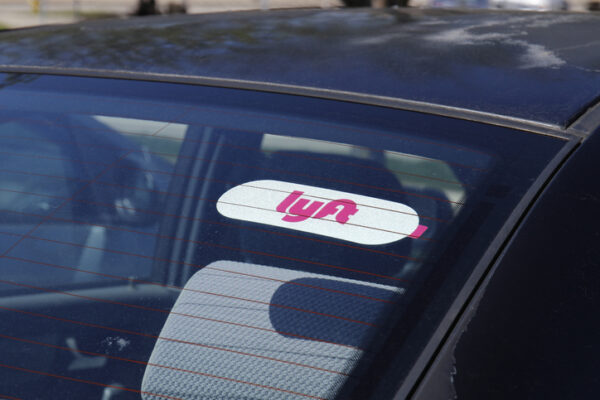
Anthem and Epic, along with several other organizations, have partnered with Lyft on a campaign that aims to expand access to the Covid-19 vaccine.
Two vaccines have so far been approved in the United States — one manufactured by Pfizer and BioNTech, and another by Moderna. Though distribution of the vaccines has begun, neither is widely available yet. The Centers for Disease Control and Prevention has recommended that initially the vaccine only be offered to healthcare personnel and residents of long-term care facilities.

The Power of One: Redefining Healthcare with an AI-Driven Unified Platform
In a landscape where complexity has long been the norm, the power of one lies not just in unification, but in intelligence and automation.
The goal of the new vaccine access initiative is to provide 60 million rides to and from vaccination sites for low-income, uninsured and at-risk communities when the vaccine becomes widely available, a Lyft spokesperson said in an email.
“We estimate 15 million Americans face real transportation challenges every day and it’s much worse because of COVID,” the spokesperson said.
Transportation is a key social factor that can have an impact on a person’s health. Lack of vehicle access, inadequate infrastructure as well as long distances and lengthy times to reach medical services can prevent people from getting the care they need when they need it, and can result in higher healthcare costs, according to the American Hospital Association.
Lyft’s Covid-19 vaccine access campaign will focus on alleviating this barrier to care for underserved communities. The campaign will be funded by corporations, philanthropic organizations and healthcare organizations, including health insurers Anthem and Centene Corp., and EHR giant Epic.

NEMT Partner Guide: Why Payers and Providers Should Choose MediDrive’s TMS
Alan Murray on improving access for medical transportation.
“Vaccines are only useful if people can access them, and we are delighted to partner with Lyft and others to help remove a significant barrier to care for some of the most vulnerable,” an Anthem spokesperson said in an email.
The campaign’s corporate partners, like Anthem, will help fund rides for uninsured Americans and those whose transportation is not covered by government plans. The ridesharing company’s nonprofit partners will use the funds to distribute ride credits, and they “will determine whether the rides are free or discounted as they distribute them,” the spokesperson said.
In addition to providing financial support for the initiative, Anthem said it will offer expertise based on its understanding of underserved communities.
For Americans whose transportation is covered by government health programs, Lyft plans to leverage existing partnerships with healthcare organizations who use its product to call and schedule rides for medical appointments and add vaccine rides, the Lyft spokesperson said.
Epic will help healthcare providers connect with Lyft to participate in the campaign.
“Healthcare providers will use Epic to see which patients need transportation assistance, and then schedulers can use Epic to book a ride,” Alan Hutchison, vice president, population health at Epic, said in an email. “Patients will also be able to indicate that they need a ride using MyChart. For provider organizations that don’t yet have a connection with Lyft, Epic will provide the services to get them connected.”
Other organizations that have signed on to launch the vaccine access effort include JPMorgan Chase, United Way, the National Hispanic Council on Aging and the National Urban League.
Photo credit: jetcityimage, Getty Images






